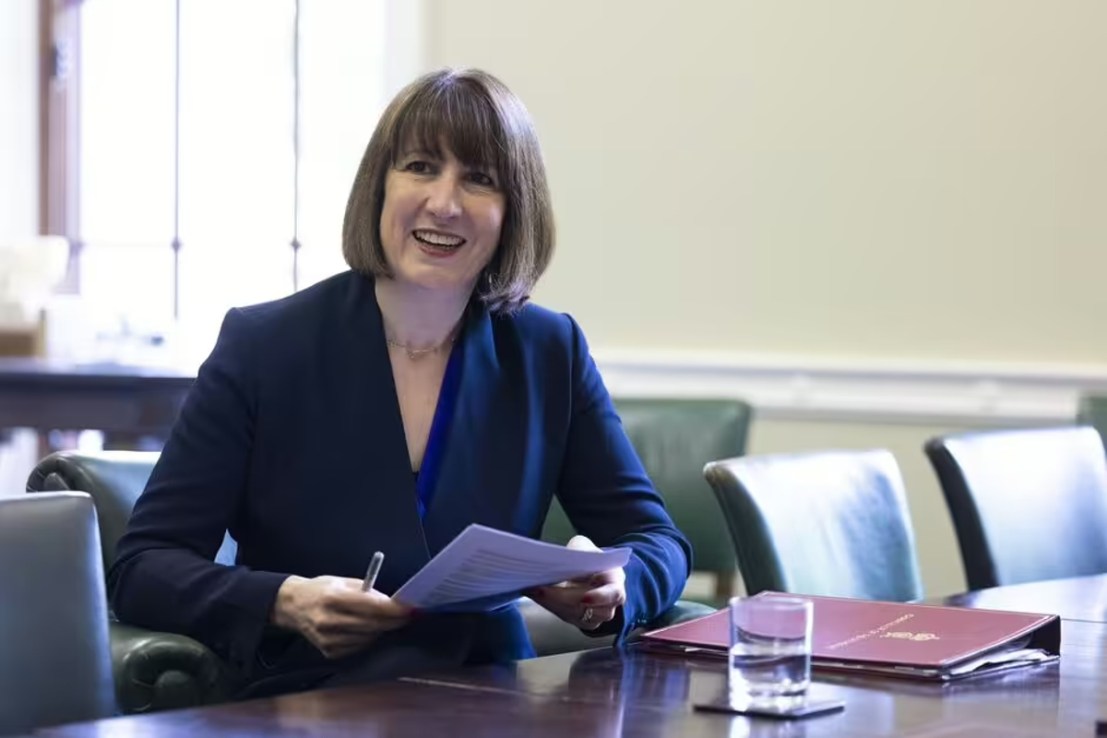Government borrowing jumps as threat of tax hikes grows
The figures come just over a month before Rachel Reeves delivers her first Budget as Chancellor.


Government borrowing exceeded expectations in August, while public debt hit 100 per cent of GDP. The figures are yet another indication of the bleak fiscal outlook facing the new government as it gears up to hike taxes in the upcoming budget.
According to the Office for National Statistics, the government borrowed £13.7bn in August. That was ahead of the £12.4bn expected by economists and the £11.2bn pencilled in by the Office for Budget Responsibility (OBR).
August’s figure was £3.3bn higher than last year and the third largest figure for the month since records began in 1993.
“Central government tax receipts grew strongly, but this was outweighed by higher expenditure, largely driven by benefits uprating and higher spending on public services due to increased running costs and pay,” Grantz Fitzner, chief economist at the ONS said.
In the financial year so far, borrowing has come in at £64.1bn which is the third highest year-to-August total on record.
The release also showed that the national debt reached 100 per cent of GDP, 4.3 percentage points higher than last year and the highest level since the early 1960s.
“At what is almost the halfway point of the fiscal year, the UK’s fiscal position remains challenging,” Matt Swannell, chief economic advisor to the EY Item Club said.
The figures come just over a month before Rachel Reeves delivers her first Budget as Chancellor.
Reeves has warned that she faces “difficult decisions” in the Budget as she seeks to address the parlous state of the state of the public finances.
The Chancellor is widely expected to raise taxes in the Budget, with Goldman Sachs expecting “at least” £20bn in total tax hikes.
Reeves is likely to target inheritance tax, capital gains tax, and pensions in an attempt to balance the books.
Rumours have also swirled that she will change the debt figure targeted in the fiscal rules so that it excludes the impact of the Bank of England’s bond selling programme. This would free up around £17bn, according to Oxford Economics.
A recent report from the OBR warned that public debt was on track to rise to over 270 per cent of GDP by the mid-2070s unless the government rose tax revenue or cut spending.
The influential House of Lords Economic Affairs Committee also urged the government to face the “grim reality” of the state of the national debt.



